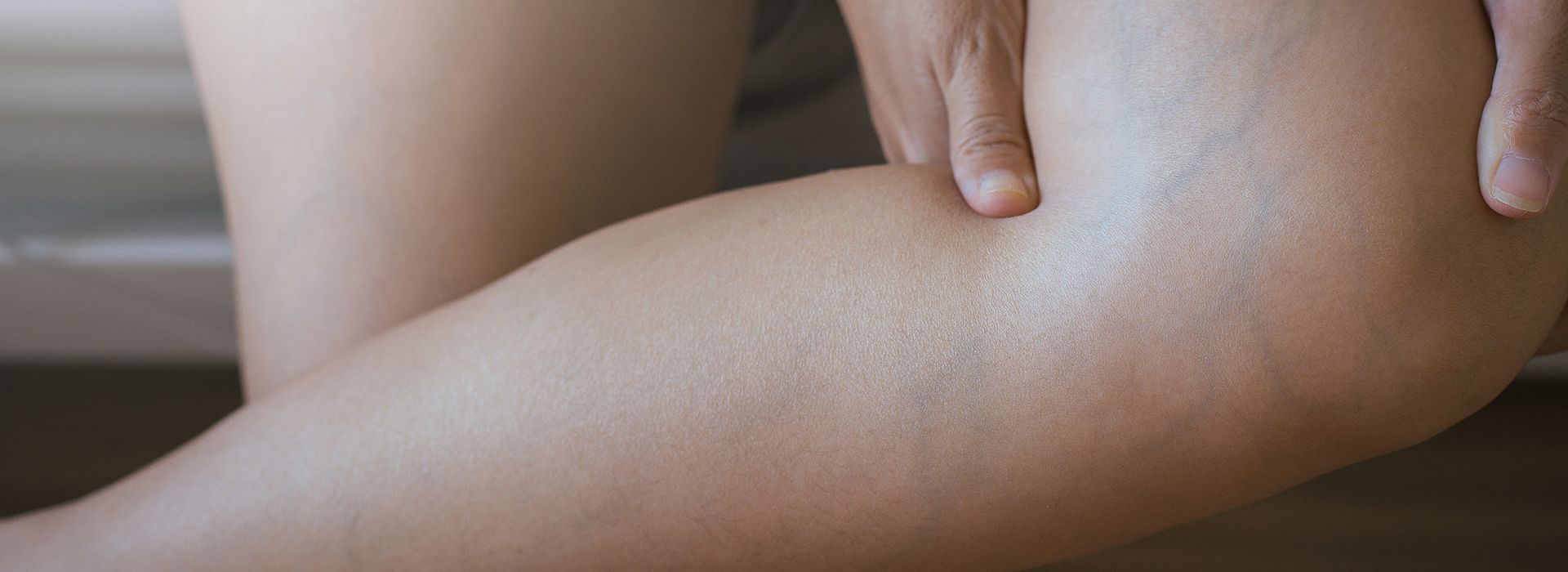What is the latest treatment for varicose veins, those twisted and enlarged veins that often appear on the legs and thighs, can be more than just a cosmetic concern. They can cause discomfort, pain, and even lead to more serious health issues if left untreated. Fortunately, advancements in medical technology have paved the way for various treatment options, offering relief and improved quality of life for those affected. In this comprehensive guide, we’ll delve into the latest treatments for varicose veins and shed light on the medical professionals who specialize in vein health – phlebologists.
Understanding Varicose Veins: A Brief Overview
Varicose veins are a common vascular condition where the veins become enlarged, gnarled, and visible under the skin’s surface. This condition is most commonly seen in the legs and thighs, where the pressure of standing and walking can lead to weakened vein walls and impaired blood flow. Factors such as genetics, age, obesity, and prolonged periods of standing can increase the likelihood of developing varicose veins.
For many individuals, varicose veins are not just a cosmetic concern. They can cause symptoms like aching, heaviness, itching, and pain. In severe cases, complications such as ulcers or blood clots can arise. As a result, seeking appropriate medical advice is crucial.
The Latest Treatments For Varicose Veins
what is a vein doctor called, medical science has developed several effective treatments for varicose veins, catering to a variety of needs and preferences. These treatments aim to alleviate discomfort, improve blood circulation, and enhance the overall appearance of the affected area.
Endovenous Laser Treatment (EVLT): This minimally invasive procedure involves using laser energy to heat and seal off the affected vein. The treated vein eventually gets absorbed by the body, while blood flow is redirected to healthier veins.
Radiofrequency Ablation (RFA): Similar to EVLT, RFA uses radiofrequency energy to heat and close the problematic vein. The body then naturally reabsorbs the sealed vein tissue.
Sclerotherapy: This treatment involves injecting a special solution into the varicose vein, causing it to collapse and fade away over time. Sclerotherapy is often used for smaller veins and spider veins.
VenaSeal: A relatively newer technique, VenaSeal involves using medical adhesive to seal the vein shut. This procedure requires no heat or thermal energy and is well-tolerated by many patients.
Ambulatory Phlebectomy: In this surgical procedure, small incisions are made to remove the affected vein sections. It’s usually reserved for larger varicose veins.
Lifestyle Modifications: Alongside medical treatments, lifestyle changes such as regular exercise, maintaining a healthy weight, elevating the legs, and avoiding prolonged periods of standing or sitting can help manage varicose veins.
The Role Of A Phlebologist: Experts In Vein Health
If you’re seeking specialized care for varicose veins, a phlebologist is the medical professional to turn to. A phlebologist is a physician who specializes in the diagnosis and treatment of vein disorders. These experts have a deep understanding of the circulatory system and are equipped to recommend the most suitable treatment approach based on individual needs.
Phlebologists can perform a range of diagnostic procedures, such as ultrasound imaging, to accurately assess the condition of your veins. They then work closely with you to create a personalized treatment plan that aligns with your medical history, symptoms, and preferences.
In Conclusion
Varicose veins need not be a source of discomfort or embarrassment. With the latest advancements in medical treatments, relief is within reach. Whether you opt for minimally invasive procedures like EVLT and RFA or explore traditional options like sclerotherapy, consulting with a phlebologist will ensure that you receive expert guidance tailored to your unique situation. So take the first step towards healthier veins and a more comfortable life by reaching out to a qualified vein specialist.



